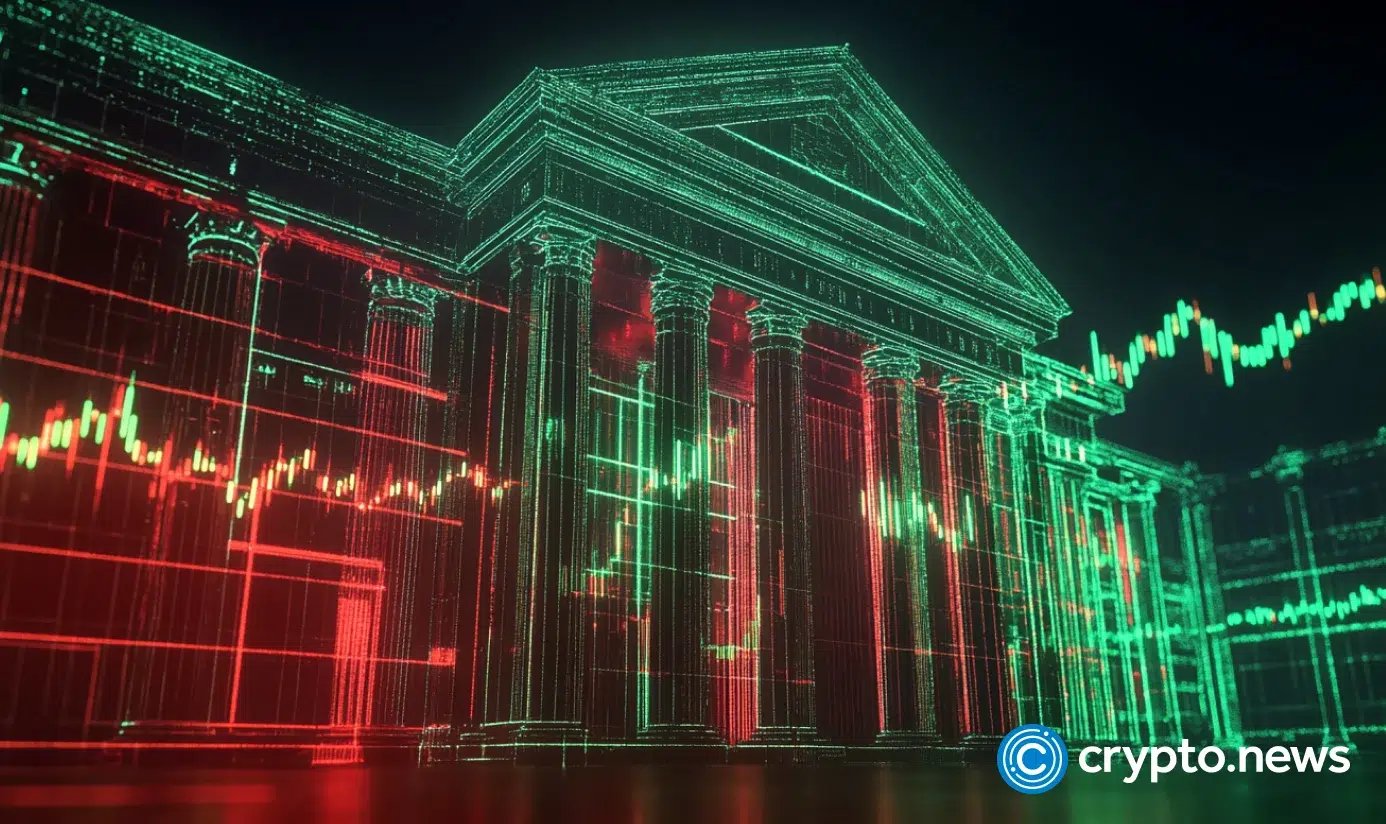
Elon Musk’s XChat and CZ’s Dark Pool DEX Ignite Crypto Privacy Race as Metaplanet Amasses 8,888 BTC
The cryptocurrency and blockchain space is witnessing a seismic shift toward enhanced privacy and institutional adoption. Two of the biggest names in tech—Elon Musk and Changpeng "CZ" Zhao—are spearheading innovations in secure messaging and decentralized trading, while Japanese investment firm Metaplanet cements its position as a major Bitcoin holder. Meanwhile, altcoins like Cardano (ADA) and Flare (FLR) show resilience amid market fluctuations.
This article explores the latest developments shaping the crypto landscape, from Musk’s encrypted XChat to CZ’s vision for a private DEX, Metaplanet’s massive Bitcoin accumulation, and emerging altcoin trends.
Elon Musk Unveils XChat with Bitcoin-Style Encryption
Elon Musk has once again disrupted the tech world with the launch of XChat, a new encrypted messaging feature on X (formerly Twitter). Inspired by Bitcoin’s cryptographic security, XChat promises:
- End-to-end encryption – Ensuring only the sender and recipient can read messages.
- Vanishing messages – Self-destructing chats for added privacy.
- Support for any file type – Including crypto transactions and media.
Musk stated: “All new XChat is rolling out with encryption, vanishing messages, and the ability to send any kind of file.” This move aligns with growing demand for privacy-focused communication tools, especially among crypto users wary of surveillance.
The announcement has sparked debate over whether centralized platforms like X can truly offer decentralization-level security. However, if successful, XChat could become a preferred messaging tool for crypto traders and privacy advocates.
CZ Proposes a “Dark Pool” DEX to Prevent Whale Liquidations
Former Binance CEO Changpeng Zhao (CZ) has floated an intriguing idea—a privacy-driven decentralized exchange (DEX) for perpetual futures, dubbed a “dark pool” DEX. The proposal comes after high-profile trader James Wynn lost $100 million due to transparent order books triggering mass liquidations.
Key Features of CZ’s Dark Pool DEX:
- Hidden orders until execution – Preventing front-running and predatory liquidations.
- Encrypted transactions – Enhancing trader privacy.
- Potential deployment on BNB Chain – Leveraging Binance’s ecosystem for scalability.
CZ’s vision addresses a critical flaw in current DeFi platforms: excessive transparency that allows whales to manipulate markets. If implemented, this could revolutionize derivatives trading by reducing volatility caused by public order books.
Industry analysts speculate whether such a DEX could gain regulatory approval, given global scrutiny on dark pools in traditional finance. Nevertheless, the proposal has already ignited discussions on balancing transparency with trader protection in DeFi.
Metaplanet Joins Elite Bitcoin Holders with 8,888 BTC Treasury
Japanese investment firm Metaplanet has made headlines by acquiring an additional 1,088 BTC, bringing its total holdings to 8,888 BTC (worth ~$550 million). This strategic accumulation positions Metaplanet as the ninth-largest corporate Bitcoin holder, surpassing Galaxy Digital.
Why Metaplanet’s Move Matters:
- Hedge against Japan’s economic instability – The firm adopts Bitcoin as a reserve asset amid yen depreciation.
- Institutional validation – Publicly traded companies holding BTC legitimize crypto as treasury assets.
- Symbolic accumulation – The number 8,888 holds cultural significance in Asia, symbolizing prosperity.
Metaplanet follows MicroStrategy’s playbook, doubling down on Bitcoin despite market fluctuations. With institutions increasingly viewing BTC as digital gold, such moves could further drive mainstream adoption.
Bitcoin Price at Crossroads: $100K Retest or New All-Time High?
Bitcoin’s price action remains uncertain as traders debate two key scenarios:
- Bullish case: A potential rally toward $100K following a record monthly close.
- Bearish risk: A retest of lower support levels (~$60K) before another upward move.
Factors influencing BTC’s trajectory include:
- ETF inflows/outflows – Institutional demand remains strong but volatile.
- Macroeconomic conditions – Fed rate cuts could fuel another rally.
- Whale accumulation – Entities like Metaplanet reduce circulating supply.
Analysts suggest that Bitcoin may consolidate before its next major breakout, making this a critical accumulation phase for long-term investors.
Altcoin Watch: Cardano Hits 110M Transactions; FLR Surges 26%
Cardano (ADA) Milestone Amid Market Dip
Cardano has surpassed 110 million total transactions, showcasing robust network activity despite ADA’s price correction. Analysts remain optimistic about ADA’s long-term potential, especially with upcoming upgrades like Chang hard fork enhancing governance.
Flare (FLR) Rallies on Uphold Partnership
Flare Network’s native token (FLR) surged 26% after announcing an integration with Uphold for XRP staking. The partnership strengthens Flare’s position as an interoperability hub for smart contracts and decentralized data.
Emerging AI DeFi Coin Eyes Dogecoin Challenge
A new AI-powered DeFi project has raised over $1 million in presale, positioning itself as a potential Dogecoin competitor by 2025. While details remain scarce, its focus on AI-driven yield optimization has drawn investor interest.
Conclusion: Privacy Wars & Institutional Bitcoin Adoption Heat Up
The crypto industry is at an inflection point:
- Elon Musk’s XChat and CZ’s proposed dark pool DEX highlight escalating demand for financial and communication privacy.
- Metaplanet’s massive Bitcoin purchases signal deepening institutional conviction in BTC as a reserve asset.
- Altcoins like ADA and FLR demonstrate resilience despite broader market uncertainty.
As regulatory scrutiny intensifies, projects prioritizing privacy and real-world utility will likely lead the next bull run. For now, all eyes remain on Bitcoin’s next move—will it reclaim $100K or face another correction? Only time will tell, but one thing is certain: the race for crypto dominance is far from over.